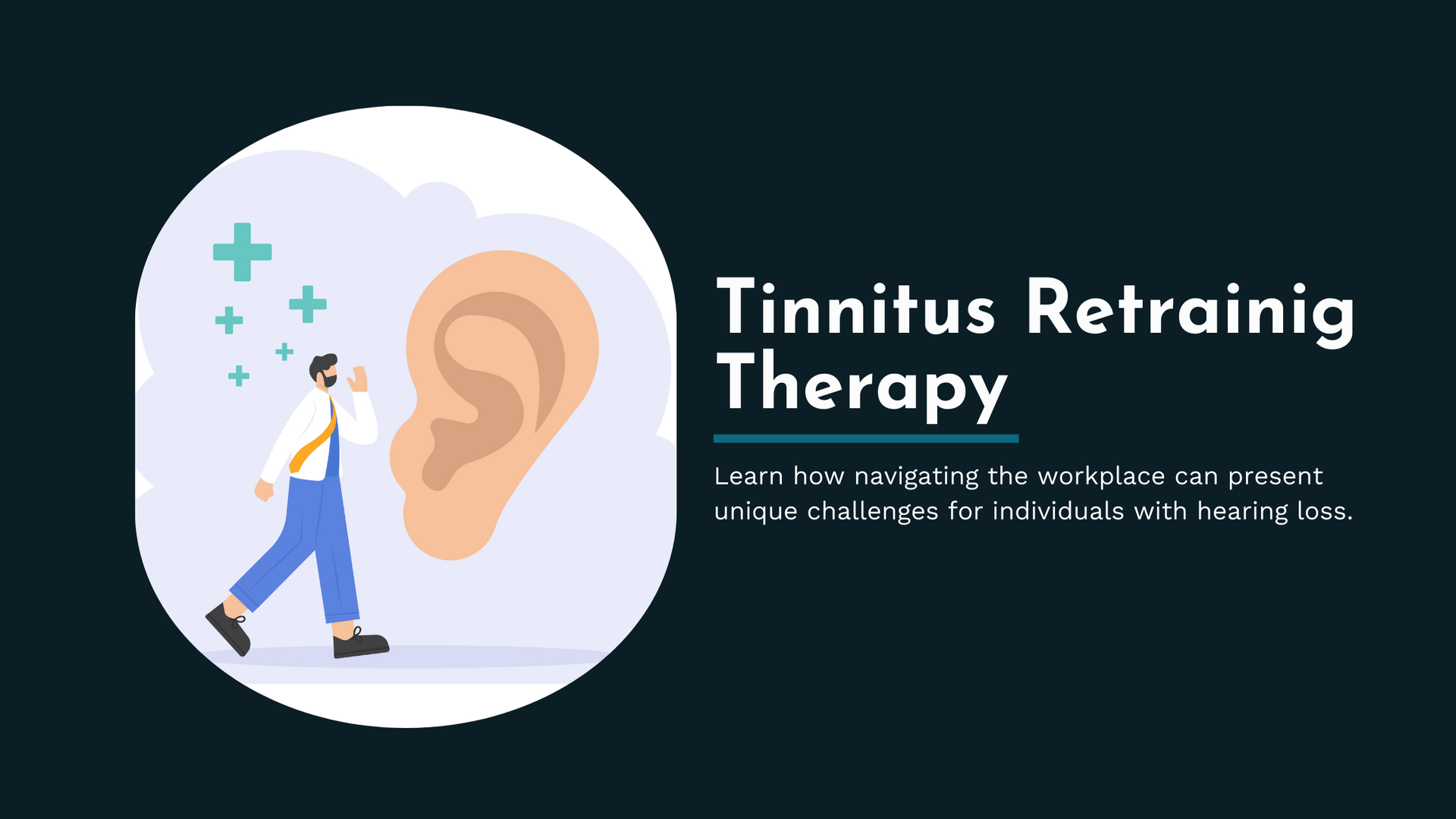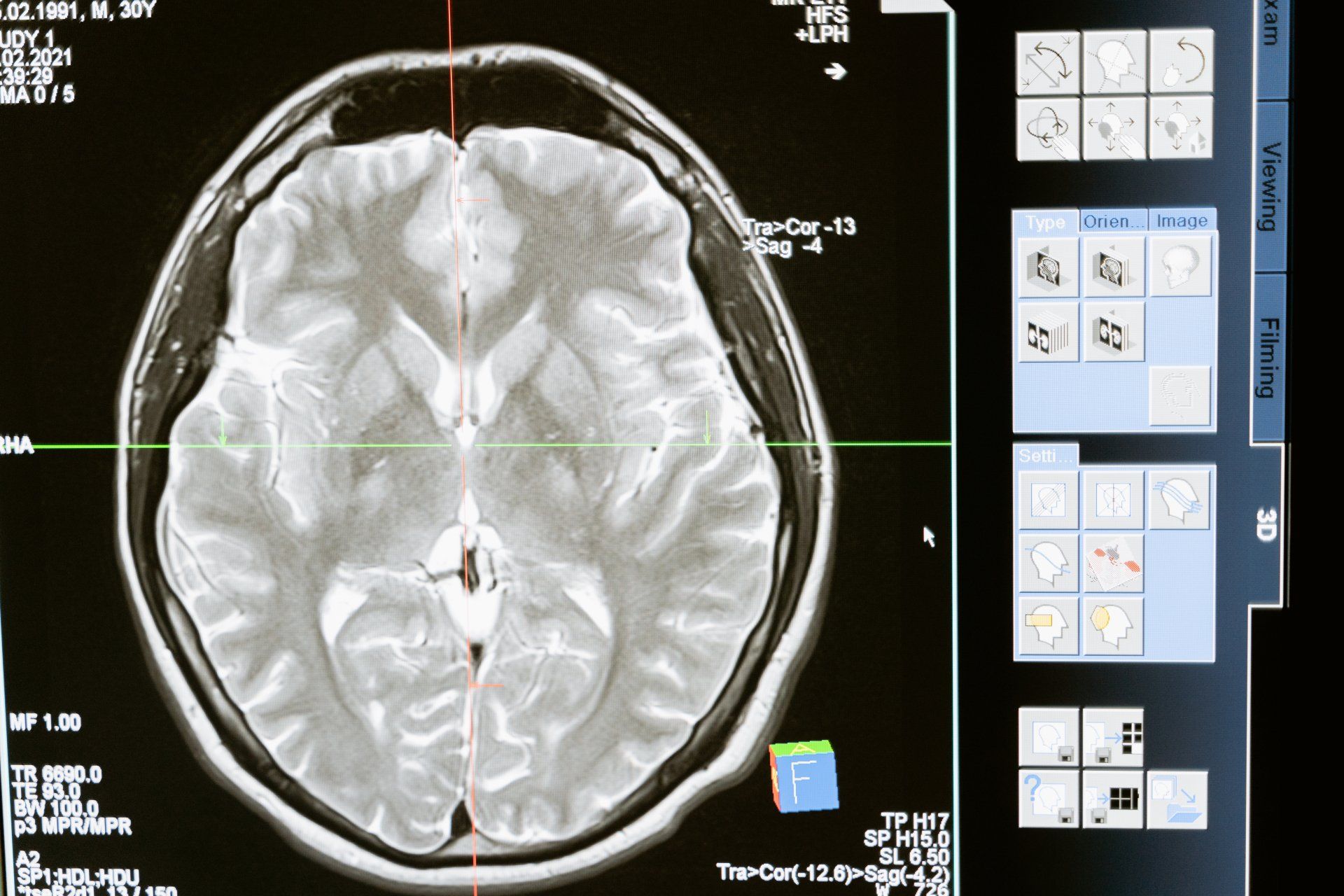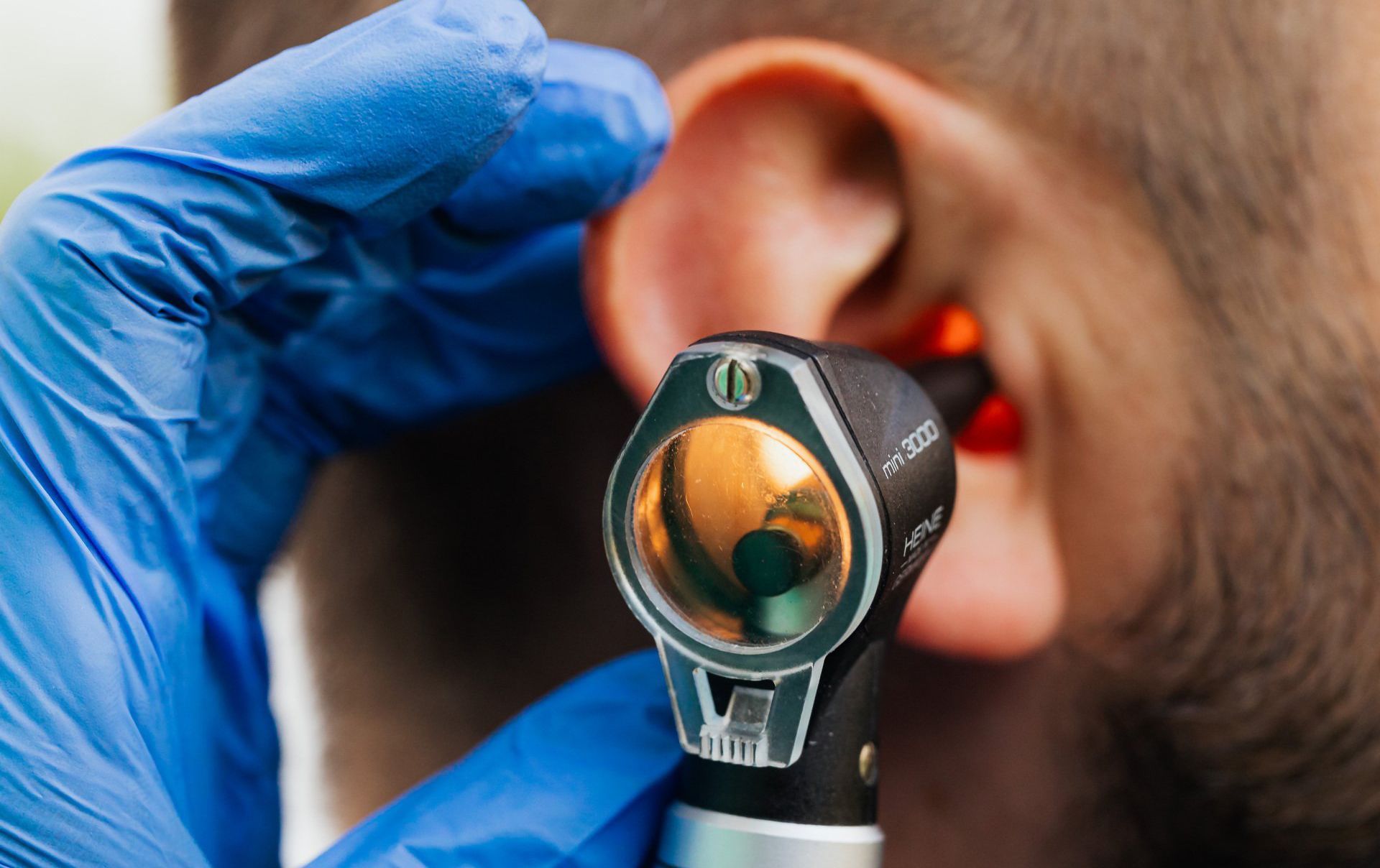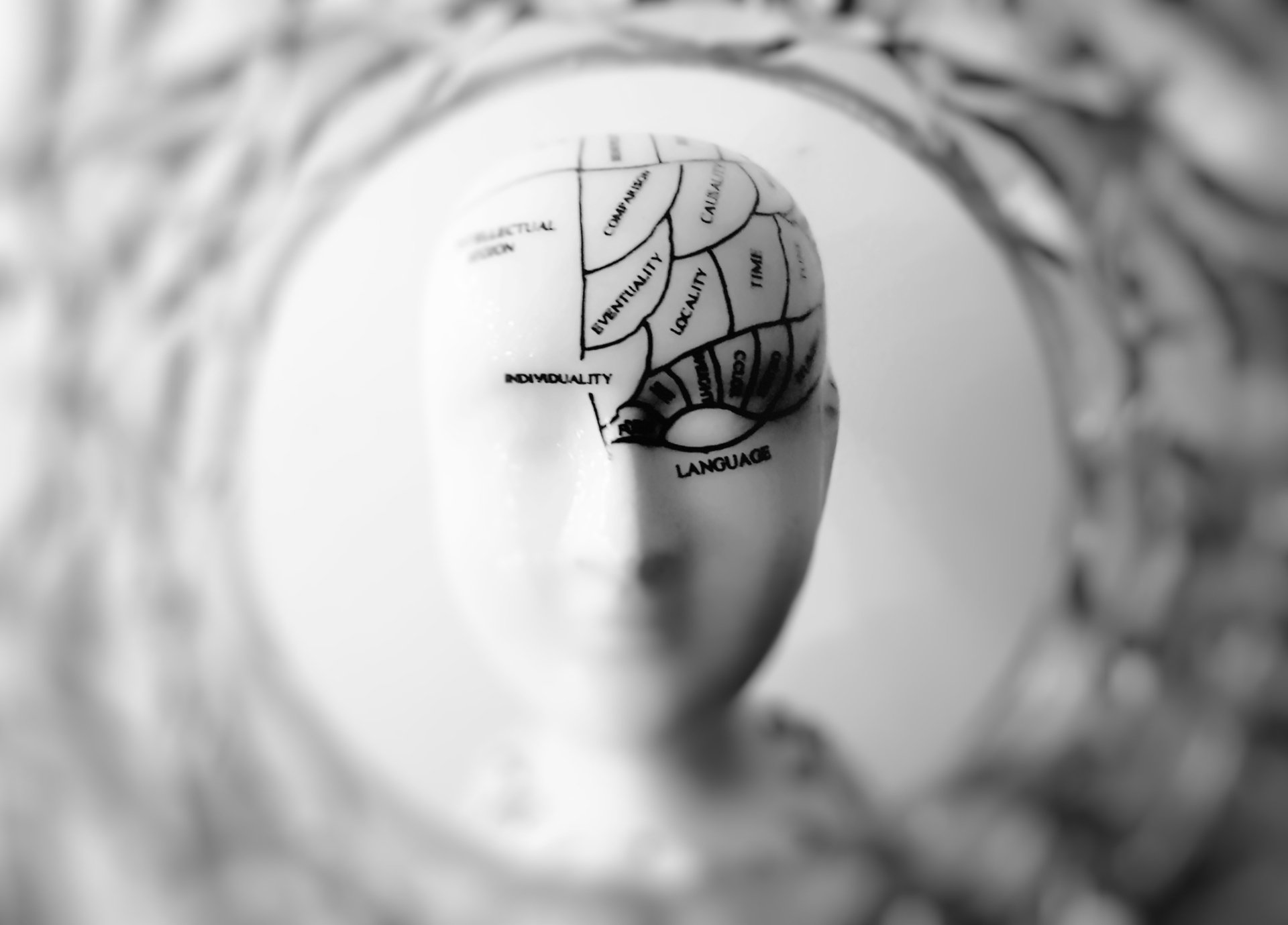Tinnitus and Hearing Loss – Should I see an Ear, Nose, and Throat Doctor?
Our hearing deteriorates as we age. This is a normal part of aging and typically not something we need to have checked by an Ear, Nose, and Throat (ENT) specialist. Think of gradual hearing loss from aging being like other changes that occur over time, such as vision decline or physical changes to your appearance. These are changes that are to be expected and do not signal that medical consultation is necessary.
With age, our high frequency hearing gradually deteriorates, and we slowly lose the clarity to sounds. We may not be aware of a significant decrease in volume, but you may feel that your understanding of speech has worsened, especially if you are in background noise, such as a family gathering or restaurant, or if you cannot see the speaker’s face.
Tinnitus, the buzzing, hissing, or other sounds that might occur in the ears, is often a symptom of hearing loss, especially if it is constant or lasts for hours. The first step is to have your hearing tested by an audiologist. Brief episodes of tinnitus lasting seconds to a couple of minutes are normal and do not need to be investigated unless they are accompanied by dizziness.
There are instances where a medical referral is appropriate. A referral to an ENT may be warranted if any of the following are present:
- If there is a significant difference in hearing between the ears with or without tinnitus.
- If you experience an unexplained and sudden loss of hearing, typically occurring in one ear, and possibly accompanied by dizziness or vertigo.
- If you are experiencing chronic middle ear infections, with or without discharge.
- If you experience a head injury resulting in hearing loss, tinnitus and/or balance problems.
In all the above instances, a complete auditory evaluation or hearing test is recommended to determine whether a referral to a medical specialist is warranted. A complete hearing test includes a detailed hearing history obtained by your audiologist, followed by an evaluation of your hearing, which includes listening to the individual tones that make up the sounds of speech and speech clarity testing. Speech clarity scores are crucial in determining how clearly you hear words when they are presented at a comfortable listening level. Two people can have the same graph for the tones, but one may person may hear much better for speech testing than another which will give your audiologist more information when they provide recommendations.
If you have a straightforward hearing loss, equal in both ears, and no asymmetrical symptoms such as tinnitus, there is no need to see an ENT. Your audiologist will explain your results and will typically offer you the option to try hearing aids for 60 days if you have a hearing loss. The trial period will allow you to try the hearing aids in situations that you find challenging to see if they help you hear better and if they reduce your awareness of the tinnitus.











